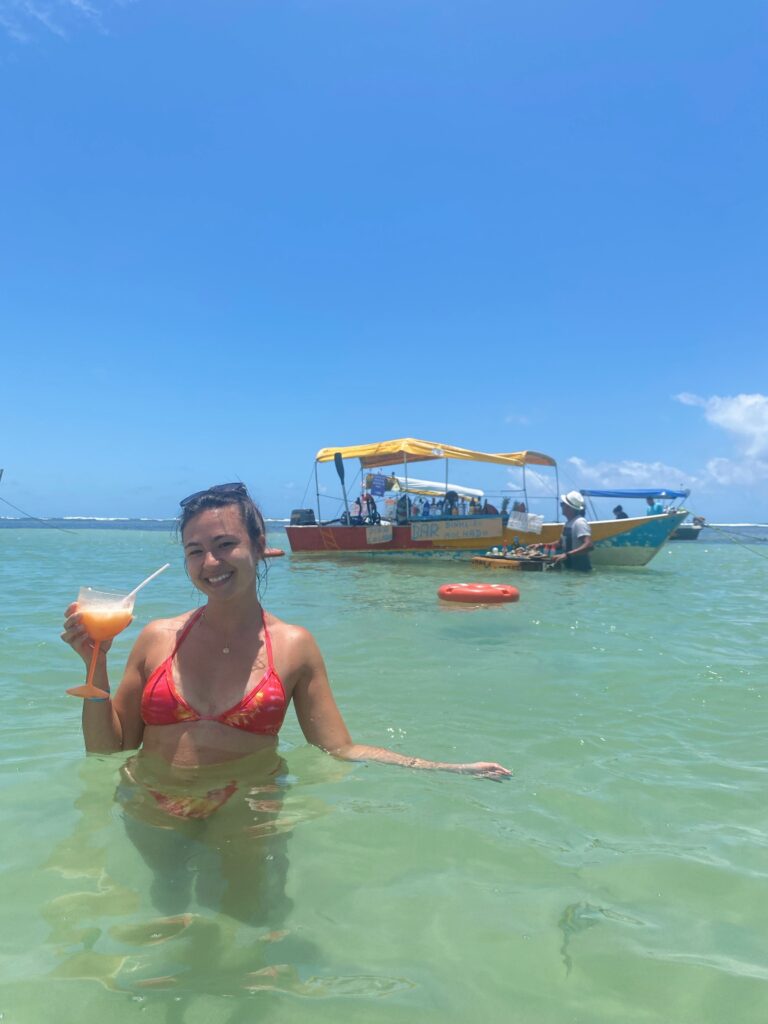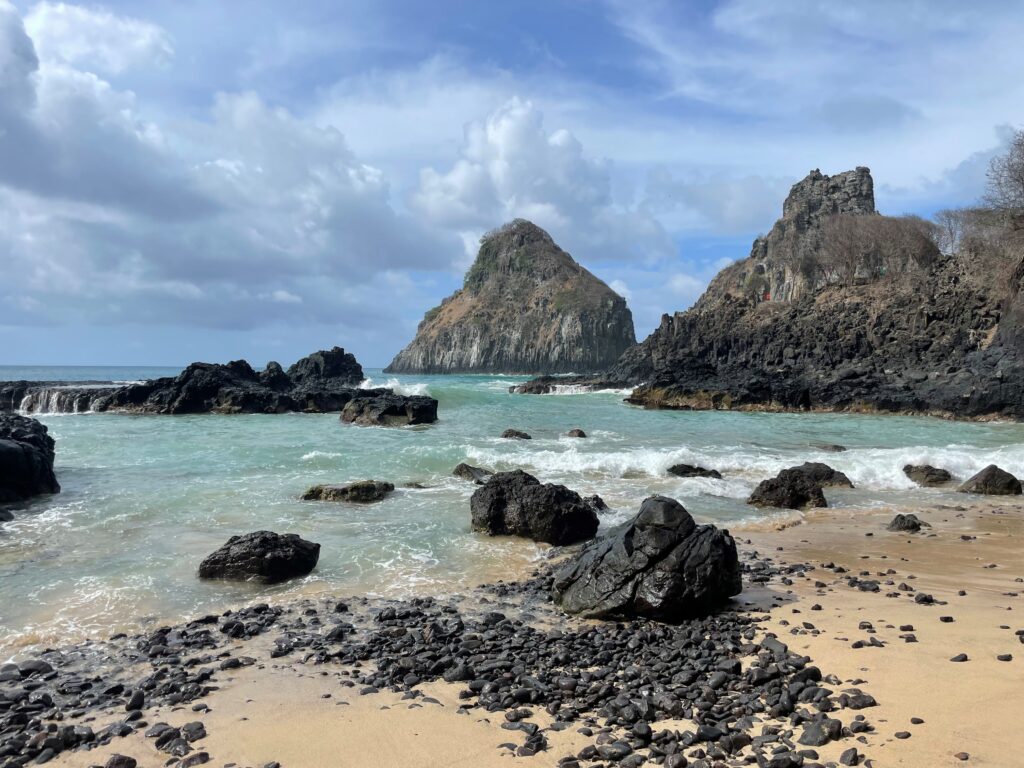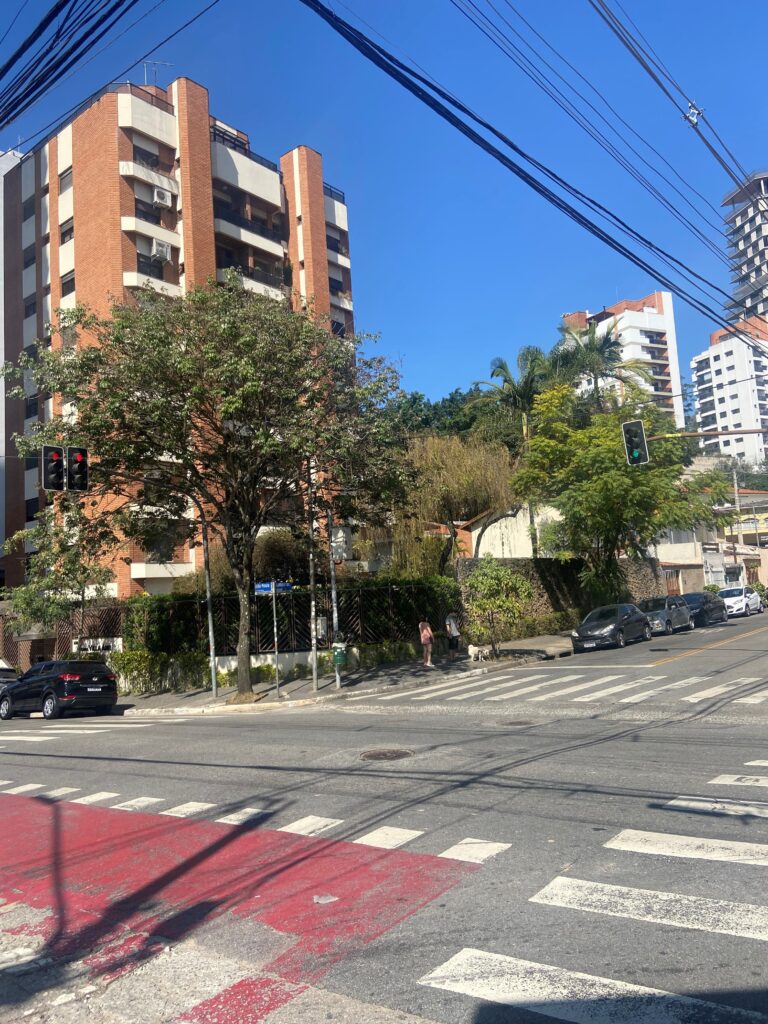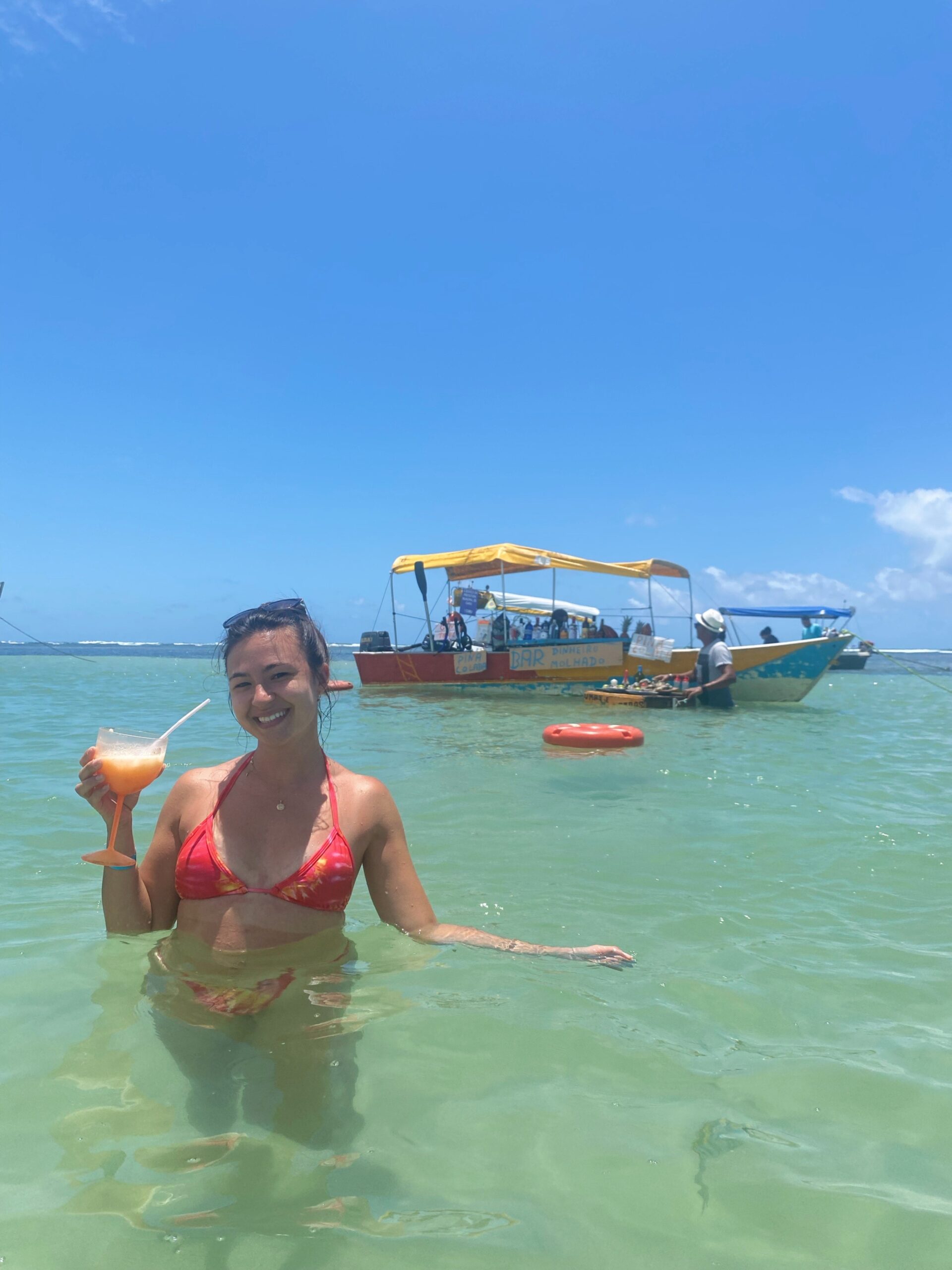Country Profile: Brazil
In this blog post, I’m excited to introduce you to Becky, who is currently teaching and living in the bustling city of São Paulo, Brazil. Our paths initially crossed when I was teaching in Doha, and I’ve been captivated by the fantastic stories I’ve heard about life in Brazil from friends who’ve embarked on their journey there.
Vicky: Can you tell the readers a bit about yourself?
Becky: I’m twenty-eight and have been teaching for six years. I grew up in a village about twenty miles from Oxford and moved to Bath for university. After uni, I lived in Bristol and taught before moving abroad.
Vicky: How long have you been living in Brazil, and where else in the world have you taught?
Becky: This is my second academic year in Brazil. Before this, I was in Doha for a year.
Vicky: Could you tell us about your current workplace?
Becky: I am a primary teacher at a British international school, and we follow the British curriculum. We have students from all around the world, including Korea, Japan, the UK, and Brazil. My day starts at 7:15 and officially ends at 4:10, although I often do work outside of school. I have a class of eleven students, which makes a huge difference to workload. I would say my work-life balance is better than in the UK but harder than in other international schools. Accommodation is provided by the school, and they will help you move and select your own after the first year if you wish to move. Bills are not covered but are very cheap, especially compared to the UK. It’s very common here to have a big lunch rather than dinner; this is provided by the school. The school paid for two cases to be shipped at the beginning of my contract.
Vicky: What course did you study to qualify as a British-trained teacher, and how long was the training?
Becky: I completed an Early Years degree and then went on to complete the PGCE. It was four years in total.
Vicky: Have you thought about where you want to go next, or are you happy to stay in Brazil?
Becky: I’ve always wanted to teach in Thailand, so I think if I were to teach abroad again, I’d look into this. Alternatively, I’d consider teaching English online and being free to travel more.
Vicky: Did you move to Brazil with anyone? Did you find it easy to settle in and make friends?
Becky: I moved to Brazil alone; however, I have a friend from university out here, so knowing her was a great starting point and means that I have a friendship group outside of school. I also met another group of friends through a friend in Qatar who knew someone teaching out here. I would recommend getting in contact with friends of friends as a starting point. I haven’t used it myself, but I know a friend used ‘Bumble friends’ and met a group of friends this way. Human Resources set up a ‘newbies group’ beforehand, which was a good way to get to know other teachers who were in the same position. They helped set up bank accounts and assisted with transport from the airport and to school for the first day, etc.
Vicky: What do you consider to be some of the best aspects of living in Brazil?
Becky: There are so many amazing things about living in São Paulo! The food is incredible, with a wide variety. São Paulo boasts the largest population of Japanese people outside of Japan, so if you love sushi, you’re in luck. You have every cuisine on your doorstep. There is amazing nightlife in bars and clubs. There are lots of fantastic live local and global acts and lots of festivals here. Brazilians love to party, especially in February during carnival month; this is something incredible to experience! Within the city there are also so many neighbourhoods to explore with different food and street art. I’ve made Brazilian friends both in and outside of work, and they’re very welcoming and friendly people. Brazilian beaches are beautiful, and the vibe is amazing. You can Uber around fairly cheaply, and there is a well-connected metro system. I have incredible medical cover provided through my school.
Vicky: What are some of the challenges you’ve encountered?
Becky: The hardest thing by far has been the language barrier. The language in Brazil is Portuguese, and although I am having weekly lessons, being able to communicate with most people is difficult and makes easy tasks more complicated, especially at first. I felt that I lost some independence as I needed colleagues to help me with bills, phone contracts, ordering online, and so on. The cost of flights back to the UK can be similar to the price of flying to Australia, although if you book in advance, you can halve this. The cost of travel within Brazil surprised me; accommodation while away is also not cheap, but it’s affordable on a teacher’s wage. Although I haven’t experienced issues with safety, it is something I am very conscious of. Several friends have had their phones stolen, although I am reassured that if you are careful and don’t walk along with your phone in your hand, etc., it is unlikely to be taken.
Vicky: What, in your opinion, is the best thing about working at an international school in Brazil?
Becky: The fact it’s so easy to make friends with locals and become completely immersed in their culture if you want to, but equally there are enough expats to make friends with too.
Vicky: Are you able to save money, and does your salary provide you with a good quality of life considering the cost of living in São Paulo?
Becky: I am able to live comfortably, travel every holiday and long weekend, and still save a small amount. I have friends who taught in Asia previously and said that there is a significant difference in the amount they were able to save and how far their money went there compared to Brazil. Compared to the UK, I am significantly better off. How many teachers in the UK can afford to travel every holiday?
Vicky: Can you offer a valuable piece of advice for someone contemplating a move to Brazil?
Becky: Be prepared to learn Portuguese and bring an umbrella!
Vicky: Does your workplace provide private medical insurance, and how would you rate the standard of medical care, both private and public, in Brazil?
Becky: The medical cover is incredible; the hospitals and treatments are great if you’re private here. Most things are paid for directly through the insurance, and others I pay for and get reimbursed.
Vicky: Overall, do you feel safe in Brazil?
Becky: Because of the poverty and the nature of being in such a large city, I don’t feel as safe as I did in Doha or the UK, but I think if you’re sensible and aware of the potential risks, it’s fine.
I’d like to extend a big thank you to Becky for dedicating her time to share her experiences with us. These insights are an invaluable resource for teachers worldwide who are contemplating the idea of teaching in Brazil. Your first-hand accounts are highly appreciated!




